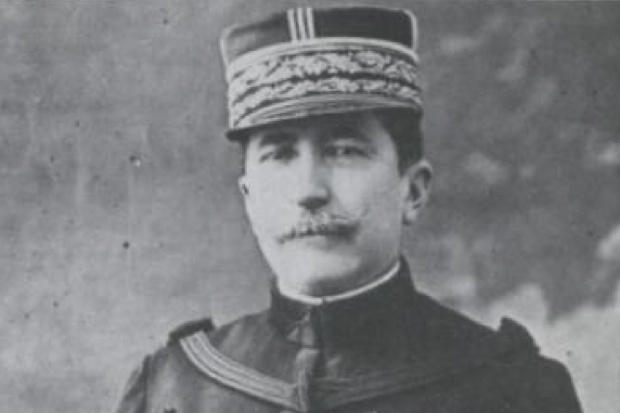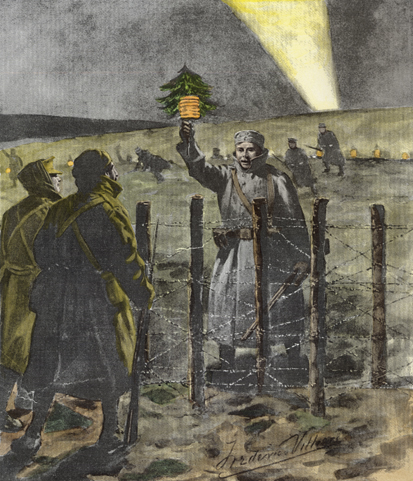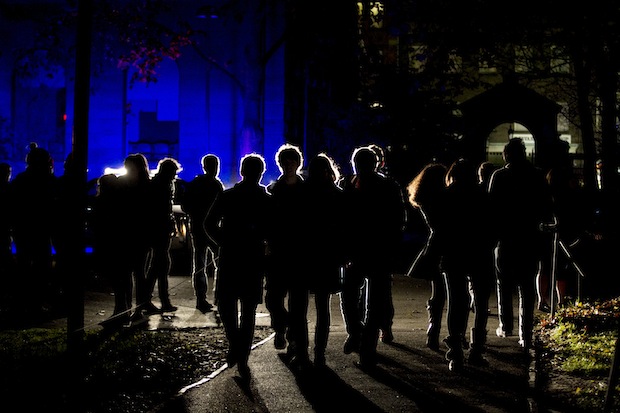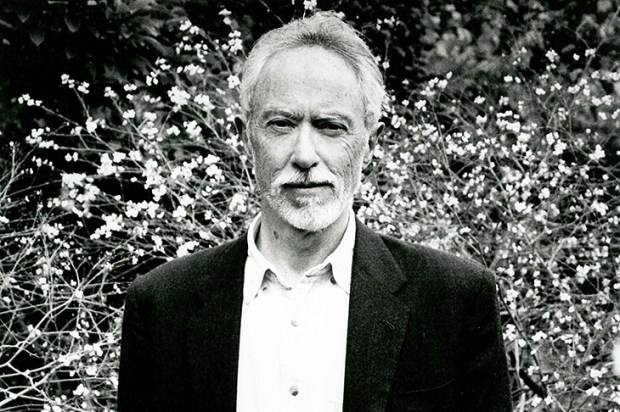Fred Goodwin’s descent from golden boy of British banking to ‘pariah of the decade’ would be the stuff of tragedy if the former Royal Bank of Scotland chief were not such a rebarbative personality. A bully to his subordinates, obsessed with the wrong kind of detail, driven by an egoistic urge to trample his enemies, he sounds a lot like another once-prominent Scot who has recently disappeared from public view. Indeed the pair used to enjoy regular ‘cosy chats’ before it all went horribly wrong. As someone told Iain Martin: ‘Gordon and Fred are actually quite similar. Both are quite introverted individuals and that expresses itself in sometimes extremely awkward dealings with others.’
This insight into the character of Fred and the political climate of the mid-2000s is one of many that make Martin’s account of the RBS crash a must-read for students of financial folly. A sharp-pencilled accountant rather than a career banker, ‘Fred the Shred’ was given the helm of RBS in 2000 by his mentor George Mathewson, and drove the integration of what was then still at heart a Scottish retail bank with the larger NatWest, which Mathewson (a more attractive leading player in this story) had just acquired.
The success of that integration gave Goodwin an iron-clad belief in his own ability and destiny. A knighthood followed, and then terrible hubris in 2007 when he outbid Barclays to buy the Dutch group ABN Amro shortly before the great storm broke. RBS, though he did not acknowledge it, was already stuffed with ‘subprime’ assets of one sort and another. At ABN Amro, having dispensed with in-depth ‘due diligence’, he casually acquired a toxic load more.
This was a textbook case of the wrong deal at the wrong time for the wrong reason, at a price RBS shareholders could not afford. But when the bank collapsed a year later, at gigantic cost to the taxpayer, Goodwin fought hard to keep his £700,000-a-year pension entitlement, eventually conceding half of it. His friends in high places said nothing in his defence, he was caught in adultery to add colour to the charge sheet, the knighthood was taken away and the tabloids declared him a public enemy.
Yet what Martin proves conclusively in Making It Happen is that not only did no one try to stop Goodwin from closing the ABN deal, but many people who mattered cheered him to the finish line. RBS’s board was unanimous for going ahead, including those who really should have known better: industrialist chairman Tom McKillop, former Treasury mandarin Steve Robson and Ireland’s global grandee Peter Sutherland. If any of the bank’s executive team had doubts — especially those who could see the scale of impending losses on existing business — none dared speak out. The FSA, RBS’s regulator, ‘did briefly consider having a rethink’ but concluded that here was ‘a big bank, surely it knew what it was doing?’ Meanwhile, Scottish first minister Alex Salmond wished Fred luck with the bid and offered ‘any assistance my office can provide’.
In truth, the fall of RBS was the ultimate expression of a collective delusion, and the unlovable Fred was a scapegoat for others who should share his shame. The best of Making It Happen is the way Martin uses his skills and contacts as a political journalist to bring this scenario to life. Specially gripping is his account of the morning of 7 October 2008, when Goodwin was making a speech in London as RBS’s share price plunged and its access to market funding froze, and Chancellor Alistair Darling had to be pulled out of an EU meeting in Luxembourg to be told by McKillop that the bank could survive ‘a couple of hours, maybe’. It was an unimaginable circumstance, and Martin’s narrative reminds us that Darling’s team handled it with creditable coolness and resolve.
The reader of Making It Happen senses Martin’s impatience to get to the nub of the action and unravel the politics behind it, rather than do the back-story in laborious detail. If his coverage feels uneven — vividly detailed in places, sketchy in others — it is perhaps because (unlike some American authors in this genre, whose books are twice as long) he’s too honest to pretend to have been a fly on the wall at every crucial meeting. Though he includes a good short essay on RBS’s 18th-century beginnings, the bank’s pre-Goodwin modern history is condensed — as indeed is the pre-RBS history of Goodwin. And his editors have let pass some jarring infelicities of style.
So a little less haste might have made a better end-product, but these are minor criticisms. Making It Happen deserves praise as an authentic and very accessible parable of human weakness on a vast financial scale.
Got something to add? Join the discussion and comment below.
Get 10 issues for just $10
Subscribe to The Spectator Australia today for the next 10 magazine issues, plus full online access, for just $10.
The Spectator's Shiva Naipaul Memorial Prize for unconventional travel writing is open for entries. The winner gets £2,000 and the winning essay is published in our special Christmas issue. Click here for more details.
You might disagree with half of it, but you’ll enjoy reading all of it. Try your first month for free, then just $2 a week for the remainder of your first year.














Comments
Don't miss out
Join the conversation with other Spectator Australia readers. Subscribe to leave a comment.
SUBSCRIBEAlready a subscriber? Log in